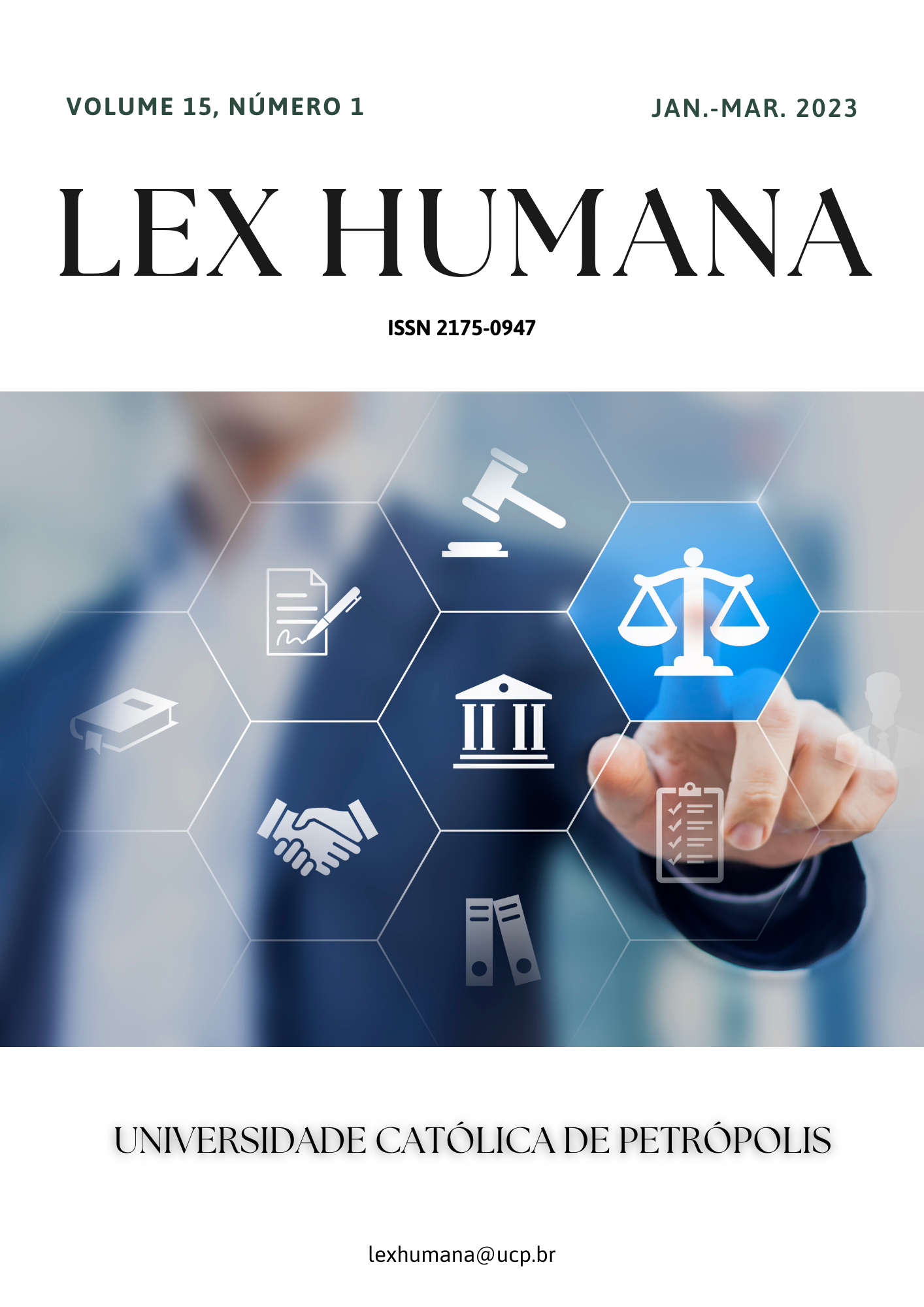Abstract
Improving the legislative and regulatory support of higher education institutions (hereinafter HEIs) in Ukraine is a priority for the state to build a competitive and efficient education system and ensure the development of human capital in the long term. The problem of regulatory and legal support concerns the imperfect regulation of the functioning of HEIs and insufficient funding for the development of their own infrastructure and scientific community. The article aims to analyze the problematic aspects of the regulatory and legal framework and to search for tools to improve the quality of legal support for HEIs. An important research direction is to determine the key principles for building an effective legal mechanism for regulating the activities of HEIs and increasing their competitiveness with a focus on the state vector of development and European integration. Improvement of legislative and regulatory support, based on the results of the study, should be carried out through reforms and the adoption of a global strategy for the development of Ukrainian education. The article analyzes the peculiarities of the legal and regulatory framework and outlines the main shortcomings. Furthermore, due attention is paid to measures and tools for the development of HEIs from the legal point of view. The research methodology is based on the use of various scientific research methods and analysis of regulatory legal acts to identify their shortcomings and opportunities for improving the policy of legal support for the activities of HEIs. These problematic aspects of the activities of higher education institutions in Ukraine can be key factors for eliminating shortcomings and becoming a means of building an effective education system.
References
Verkhovna Rada Ukrainy. Zakon Ukrainy «Pro osvitu» vid 09.08.2019 № 2145-VIII [Law of Ukraine «On Education» of 09.08.2019 № 2145-VIII]. Zakonodavstvo Ukrainy — Legislation of Ukraine. Retrieved from https://zakon.rada.gov.ua/laws/show/2145-19
Verkhovna Rada Ukrainy. (2014). Zakon Ukrainy «Pro vyshchu osvitu» vid 01.07.2014 № 1556-VII [Law of Ukraine «On Higher Education» of 01.07.2014 № 1556-VII]. Vidomosti Verkhovnoi Rady Ukrainy — Bulletin of the Verkhovna Rada of Ukraine, 37—38
Buhaichuk, K. L. (2022) “Actual areas of improvement of regulatory and organizational support for the training of specialists with higher legal education at institutions of higher education of the system of the Ministry of Internal Affairs of Ukraine”, Bulletin of Kharkiv National University of Internal Affairs, 98(3), pp. 89-102. doi: 10.32631/v.2022.3.08.
Bound, J., Braga, B., Khanna, G., & Turner, S. (2021). The Globalization of Postsecondary Education: The Role of International Students in the US Higher Education System. Journal of Economic Perspectives, 35(1), 163-84. https://doi.org/ 10.1257/jep.35.1.163
Etherington, M. (2019). The Challenge with Educational Transformation. Journal of Culture and Values in Education, 2(1), 96-112.
Fernández-Prados, J. S., & Lozano-Díaz, A. (2021). El reto de la ciudadanía digital activa en la educación superior europea: análisis del ciberactivismo entre los estudiantes universitarios. EDMETIC, 10(1), 118-134. https://doi.org/10.21071/edmetic.v10i1.12799
Nazarchuk,O. M. (2022). Protection of human rights: current state and problems of implementation. "Actual problems of jurisprudence". Issue 2 (30). P. 19-23. Ternopil. http://app.wunu.edu.ua/wp-content/uploads/2022/06/2-2022.pdf
Park, C.Y.; Kim, J. (2020). Education, skill training, and lifelong learning in the era of technological revolution. Asian Dev. Bank Econ. 34, 3–19
Goulart, V.G.; Liboni, L.B.; Cezarino, L.O. (2022). Balancing skills in the digital transformation era: The future of jobs and the role of higher education. Ind. High. Educ. 36, 118–127
Ross, W., & Leahy, A. (2019). U21 Ranking of National Higher Education Systems 2019. Melbourn
Lihuzova, V.O., Baklazhenko Y.V., & Hyria R.M. The world experience of State support for innovation. Scientific Bulletin of V.О. Sukhomlynskyi National University of Mykolaiv, 18(1). 2017. 36-41.
Stadnyi, Ye. Kontseptualna model derzhavnoho finansuvannia VNZ za rezultatamy diialnosti [Conceptual model of public funding of HEIs by performance]. CEDOS. 2019.
Hillman, N. W., Tandberg, D. A., & Fryar, H. Evaluating the Impacts of «New» Performance Funding in Higher Education. Educational Evaluation and Policy Analysis, 2014. 1—19.
Solas, E., & Sutton, F. Incorporating Digital Technology in the General Education Classroom. Research in Social Sciences and Technology, 3(1), 2018. 1- 15.
Sarrico, C., McQueen, A., & Samuelson, S. State of Higher Education 2015-16. OCDE Higher Education Programme (IMHE). 2017.
Shanwei, X. Study of the tuition and living expenses of medieval European university students. Chinese Studies in History, 50(1), 2017. 4-13.
Li, X., & Wu, W. (2019). Portfolio pumping and fund performance ranking: A performance-based compensation contract perspective. Journal of Banking & Finance, 105, 94—106.
Zhovnirchyk, Y. The analysis and ways of improving the regulatory framework to ensure the development of the innovative system of Ukraine. 2012.

This work is licensed under a Creative Commons Attribution-NonCommercial-NoDerivatives 4.0 International License.
Copyright (c) 2023 Lex Humana (ISSN 2175-0947)

